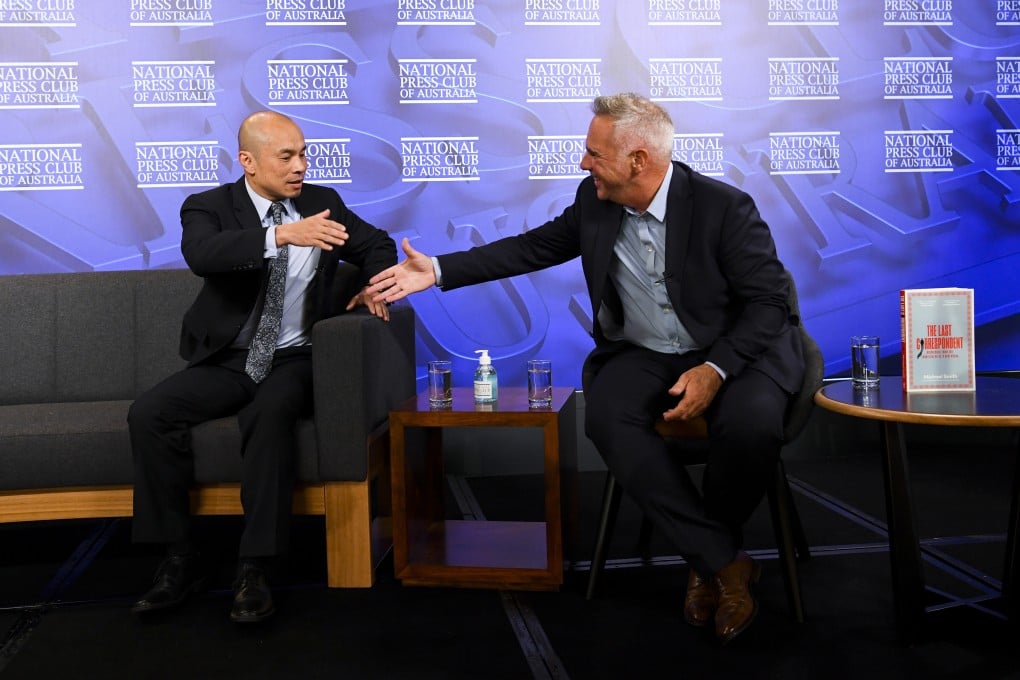China welcomes foreign journalists if they ‘present true image’ of country: diplomat in Australia
- Wang Xining, Beijing’s No 2 diplomat in Canberra, fielded questions on issues including the media, Xinjiang and Myanmar at the launch of the China Story Yearbook
- He said China was ‘open’ for cooperation with Australia amid a downturn in relations, but its policy had been consistent and it would defend its interests

Wang Xining was asked when Australian-Chinese journalist Cheng Lei, who worked for a state television channel in Beijing, would be able to see her children again following her arrest in February. The 49-year-old’s case would be “handled according to legal procedures and documents”, Wang told ABC journalist Laura Tingle during an event at the National Press Club in Canberra.
The senior diplomat was speaking at the launch of the latest China Story Yearbook published by Australian National University’s Centre on China in the World and edited by Jane Golley. The book features academic essays touching on Sino-Australian relations, China’s economy in the post Covid-19 era, and developments in Hong Kong, among others.
“We never discriminate against any journalists but we hope foreign journalists in China will present the true image of China; it’s very multidimensional, very sophisticated,” Wang said.